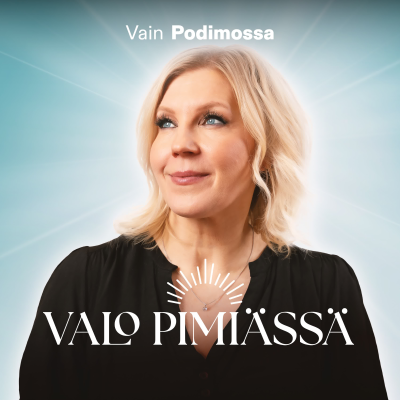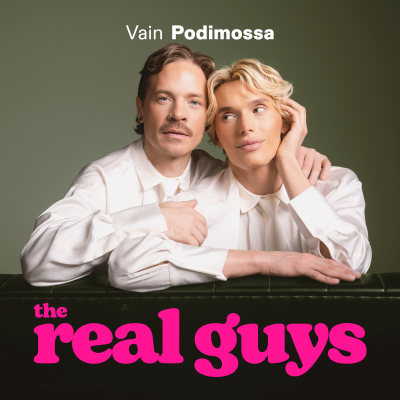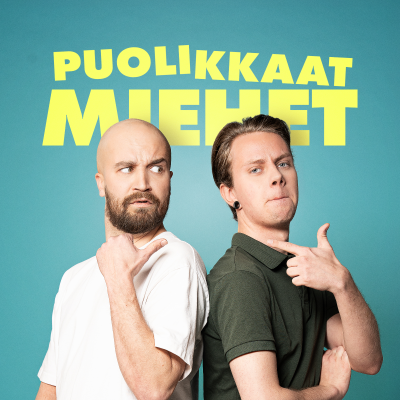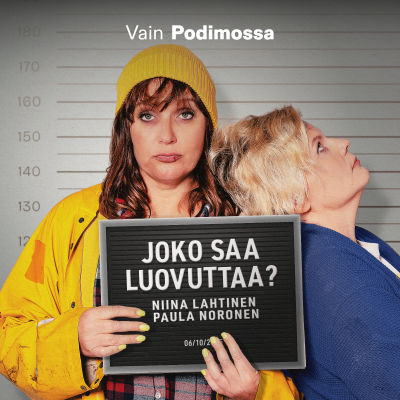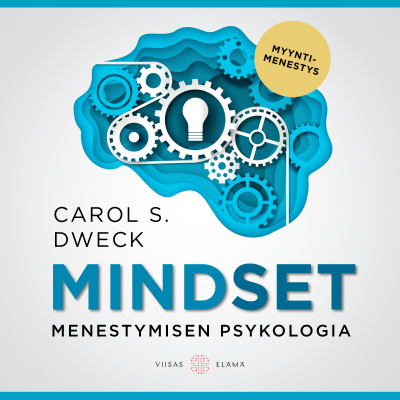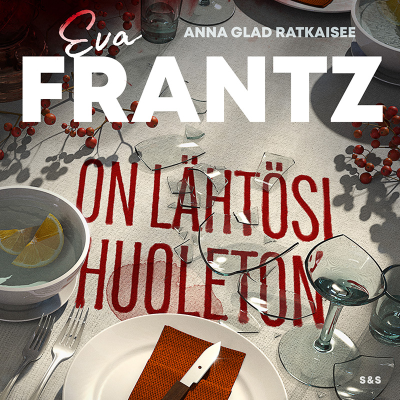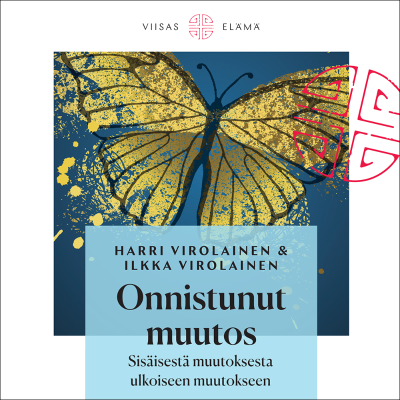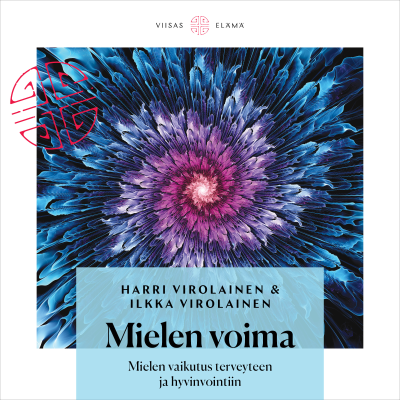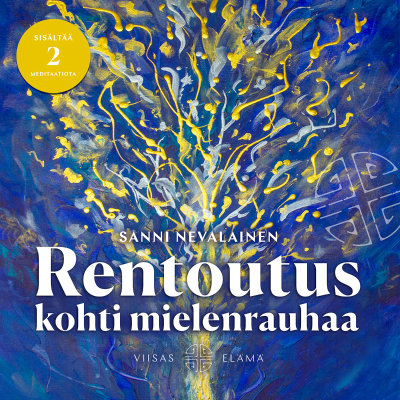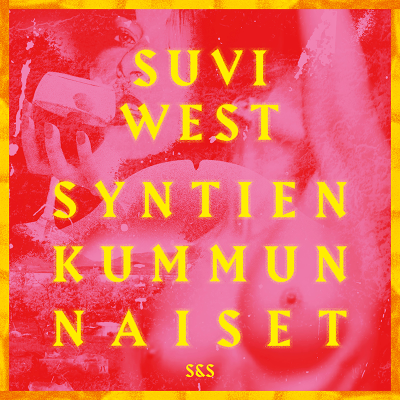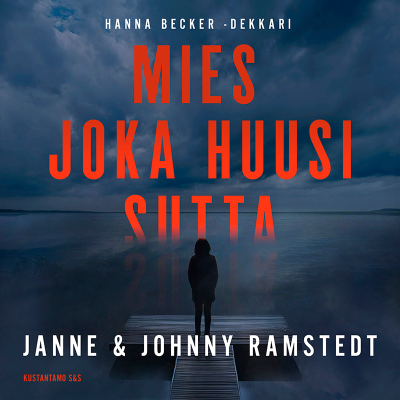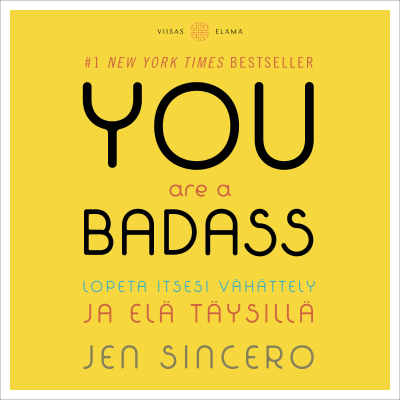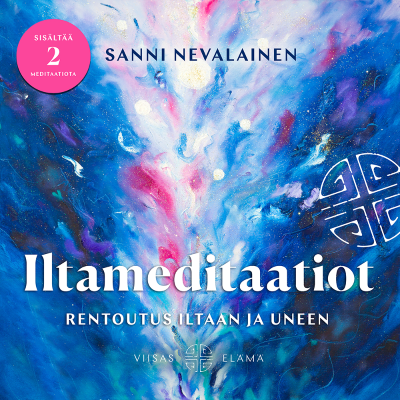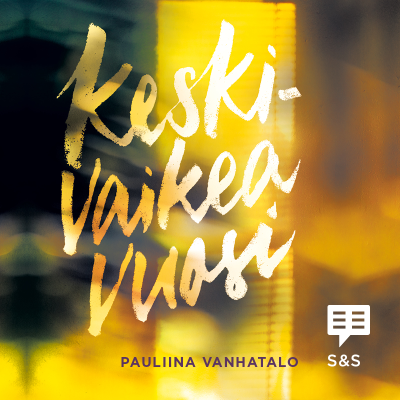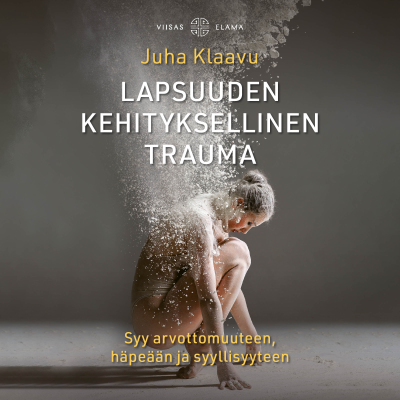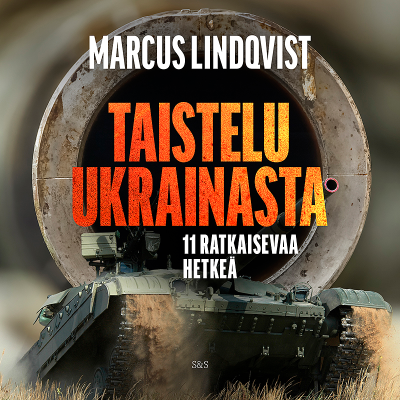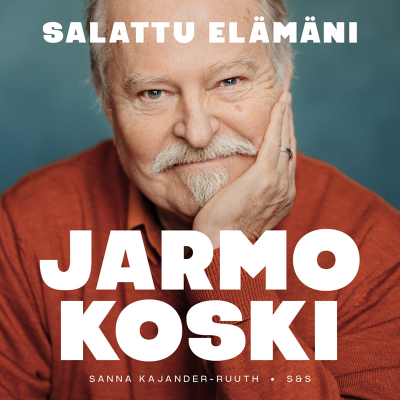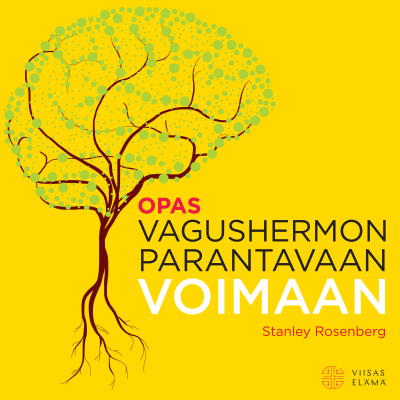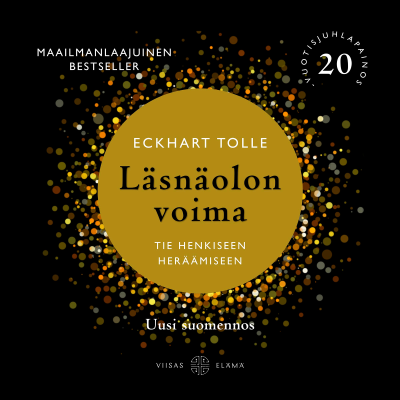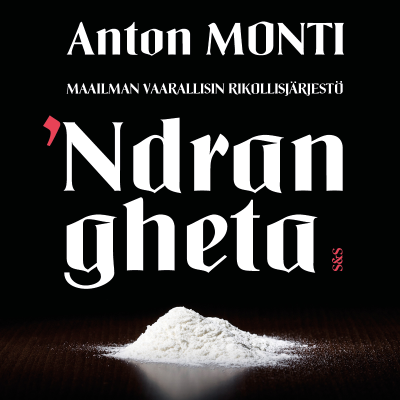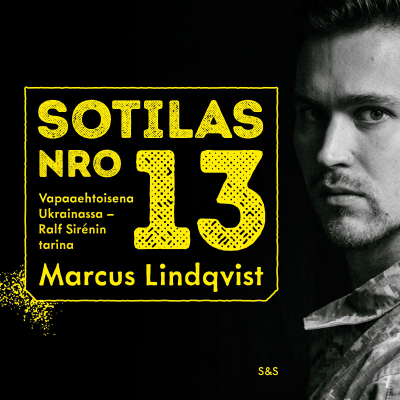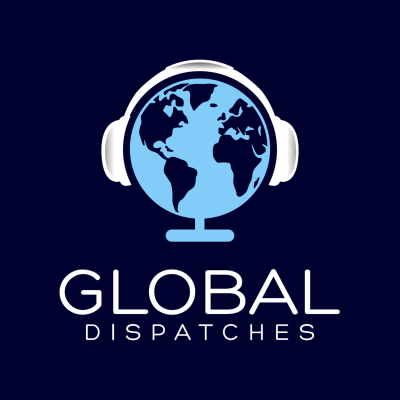
Global Dispatches -- World News That Matters
englanti
Uutiset & politiikka
Rajoitettu tarjous
2 kuukautta hintaan 1 €
Sitten 7,99 € / kuukausiPeru milloin tahansa.
- Podimon podcastit
- Lataa offline-käyttöön
Lisää Global Dispatches -- World News That Matters
The longest running independent international affairs podcast features in-depth interviews with policymakers, journalists and experts around the world who discuss global news, international relations, global development and key trends driving world affairs. Named by The Guardian as "a podcast to make you smarter," Global Dispatches is a podcast for people who crave a deeper understanding of international news.
Kaikki jaksot
1157 jaksotWhy Has the United States Deployed Gunboats to Haiti?
On February 3, the United States deployed a warship and Coast Guard vessels off the coast of Haiti, near Port-au-Prince. The move came amid political wrangling within Haiti's Transitional Presidential Council, as some members sought to block Washington's preferred candidate from becoming the next prime minister. This deployment comes amid a deepening political, security, and humanitarian crisis in Haiti that stretches back to the 2021 assassination of President Jovenel Moïse. In the wake of that killing, armed criminal gangs—once largely confined to a handful of neighborhoods in Port-au-Prince—began seizing territory. Today, a gang alliance controls most of Port-au-Prince and some surrounding areas. Meanwhile, a new UN-backed multinational security force of roughly 5,500 troops is expected to deploy in the coming weeks to help the Haitian National Police confront these gangs. My guest today is Diego Da Rin, Haiti analyst at the International Crisis Group. We begin by unpacking what this American show of force is meant to accomplish, then turn to the interlocking political, security, and humanitarian crises facing Haiti—and whether the UN-backed force can make a meaningful difference. https://www.globaldispatches.org/40PercentOff
The Last Nuclear Arms Control Agreement Between the US and Russia Just Expired. What's Next?
The New START treaty, signed by the United States and Russia in 2010, limited both countries to 1,550 deployed strategic warheads, placed restrictions on how those weapons could be deployed, and included strong verification mechanisms to ensure compliance. On February 6, 2026, that treaty formally expired. And now, for the first time in decades, there is no bilateral nuclear arms agreement between the world's two foremost nuclear powers. Joining me today to discuss the implications of the expiration of the New Strategic Arms Reduction Treaty is Corey Hinderstein, Vice President for Studies at the Carnegie Endowment for International Peace. We kick off by discussing how New START built on previous arms control treaties between the United States and Russia, what it means that no such treaty now exists—and why China's rapid nuclear buildup adds a vexing new challenge to future arms control efforts. There are very few media outlets these days that consistently cover nuclear security issues, despite the existential risks posed by nuclear weapons. I'm glad to bring you this episode. If you care about the future of humanity and want to help me continue producing thoughtful conversations like this, please become a paid subscriber. I'm running a subscription drive this month—and believe me when I say every single new paid subscriber makes a real difference. https://www.globaldispatches.org/40PercentOff [https://www.globaldispatches.org/40PercentOff]
Spain's Prime Minister Pedro Sánchez Is Rewriting the Political Playbook
Donald Trump doesn't much like Pedro Sánchez — and the Spanish prime minister is perfectly fine with that. Unlike other European leaders who reflexively genuflect to the American president, Pedro Sánchez stands apart for his willingness to confront Trump—not for its own sake, but in service of a theory of politics that diverges sharply from many of his European counterparts. As my guest, journalist Dave Keating, puts it: "While other European leaders zig, Pedro Sánchez zags." Most recently, Sánchez enacted policies to regularize the immigration status of roughly 500,000 undocumented migrants living in Spain, granting work permits and other pathways to formally enter Spanish society and the economy. He has also resisted efforts to substantially increase defense spending, while boosting Spain's support for international development and foreign aid. In today's interview, we discuss Pedro Sánchez's unique standing in European politics, why he's sometimes shunned by other leaders in Brussels, and whether his experiment in regularizing half a million undocumented migrants can actually succeed. Dave Keating is the Brussels correspondent for France 24, writes the Gulf Stream Blues [https://davekeating.substack.com/] https://davekeating.substack.com/Substack, and is the author of the new book The Owned Continent: How to Free Europe from American Military, Economic, and Cultural Dependence [https://theownedcontinent.eu/].
The Secretary General Race Heats Up — And the Epstein Files Hit the UN | To Save Us From Hell
For the first time in history, multiple countries have jointly nominated a candidate for UN Secretary General. Earlier this week, Brazil, Chile, and Mexico endorsed Michelle Bachelet—a former president of Chile, former UN High Commissioner for Human Rights, and a survivor of brutal repression under the Pinochet regime. The move is unprecedented—and potentially transformative. What does it signal about the race to replace António Guterres, and how soon might more rival candidates emerge? Anjali and Mark unpack what this coordinated nomination reveals about shifting power dynamics inside the UN. They then turn to the latest Epstein document dump, which has ensnared several prominent diplomats and sent shockwaves through the diplomatic world. Finally, they confront a looming institutional crisis: the UN's cash reserves are so depleted that even the viability of this year's UNGA is now being called into question. Get the full episode by purchasing a subscription at this discounted price. https://www.globaldispatches.org/40PercentOff [https://www.globaldispatches.org/40PercentOff]
What Americans Really Think About Foreign Policy
The Chicago Council on Global Affairs has been tracking American views on foreign policy since the end of the Vietnam War. Last week, it released its 2025 survey [https://globalaffairs.org/research/public-opinion-survey/2025-survey-public-opinion-us-foreign-policy]—and the results point to a widening partisan divide on some of the most fundamental questions about America's role in the world. That was not always the case. For most of the past 50 years, Democrats, Republicans, and independents largely agreed on the proper role of the United States in the world. There were always differences, of course, but they tended to exist at the margins. On big-picture questions—such as alliances and working cooperatively with other countries—there was broad consensus. That consensus began to shift in 2015 with Donald Trump's entry into the American political scene. Now, ten years later, this latest survey shows partisan divides that are deeper than ever. America's domestic polarization has finally caught up with its foreign policy. To discuss these survey results, I'm joined by Jordan Tama, a professor at American University in Washington, DC, who specializes in the intersection of American public opinion and foreign policy. We begin by discussing the historical sources of bipartisan foreign policy consensus, before turning to a longer conversation about how and why that consensus has fractured—and what this shift suggests about the future of American foreign policy. Discount code: https://www.globaldispatches.org/subscribe?coupon=124f4694
Valitse tilauksesi
Rajoitettu tarjous
Premium
Podimon podcastit
Lataa offline-käyttöön
Peru milloin tahansa
2 kuukautta hintaan 1 €
Sitten 7,99 € / kuukausi
Premium
20 tuntia äänikirjoja
Podimon podcastit
Lataa offline-käyttöön
Peru milloin tahansa
30 vrk ilmainen kokeilu
Sitten 9,99 € / kuukausi
Premium
100 tuntia äänikirjoja
Podimon podcastit
Lataa offline-käyttöön
Peru milloin tahansa
30 vrk ilmainen kokeilu
Sitten 19,99 € / kuukausi
2 kuukautta hintaan 1 €. Sitten 7,99 € / kuukausi. Peru milloin tahansa.

